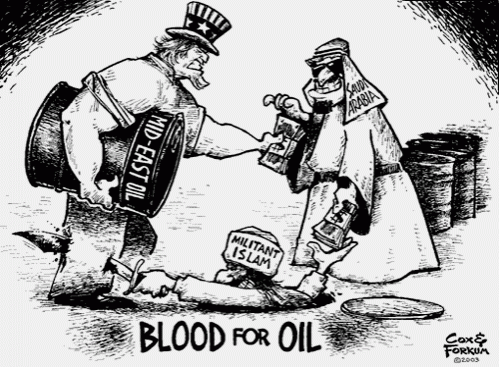
TREMOR IN THE GULF

The growing Ukrainian crisis has led to the United States and the European Union toughening their position on Russia enforcing a number of sanctions on the Russian state and economy.
The sanctions directly target Russia's banking, defense and energy sectors, a move designed to rattle their economy and force cooperation with international organizations hoping to resolve the violence that has lasted throughout 2014.
Considering Russia's energy strength and its close economic ties with several EU powerhouses, this is a bold move that is likely to send reverberations across the global economy. Russia's response to the sanctions could lead to an energy crisis, in which European states urgently look for alternative suppliers and global oil prices fluctuate. These changes are likely to be mirrored across the Gulf Cooperation Council. While trade relations with Russia vary across the Gulf region, there is enough activity that may feel a tremor. The majority of deals are focused on weapons and having severed all defense ties with the West, Moscow is likely to continue expanding its arms trade with its new Middle Eastern partners.
Russia's economic relations with the UAE are low but where they do exist, they are largely orientated around the banking and retail sector. The UAE's Minister of Economy, Sultan bin Saeed Al Mansouri once explained that: "Non-oil trade between the two countries soared by 7.5 percent in 2013 and registered $897 million... Russian and Emirati businessmen partnered in more than 350 joint ventures in the UAE, and more than 40 Russian companies opened representative offices in the country."
Speaking of assets, billionaires in Russia have a disproportionate share of the country's wealth, controlling 55% of the total richness. Russians are keen to ensure that this wealth remains in their country but the recent sanctions are driving it away. On August 1, the Russian authorities passed a law that all Russians with dual citizenships must declare their documentation, albeit this is unlikely to prevent those eligible from considering obtaining an alternative residence and citizenship. There are many high profile examples of billionaires moving abroad, with London a preferred destination. And this trend is only going to increase as the sanctions grip the Russian economy tighter.
According to a recent report by Arton Capital and Wealth-X, estimates that 6 percent of second passport applications are from Russians. The reasons for exploring this avenue remains specific to the individual but it is likely to be the draw of Immigrant Investor Programs and Citizenship by Investment Programs that attract them to consider dual residence and citizenship.
Notwithstanding that the most popular destination for obtaining second citizenship by Russians is Cyprus, many choose to reside in the GCC under residency permits due to the freedom of movement and the excellent links to both the East and West economies. However, basing themselves there is likely to be frowned upon by Russian authorities. This is firstly because historically, the region has closely aligned itself with the West, both politically and in terms of economic cooperation. Secondly, Russia and the GCC produce very similar products, such as oil and gas, which essentially renders them as competitors.
The sanctions imposed on Russia are likely to see it expand its economic interests to emerging markets in a bid to develop deeper foreign and economic policy in the Middle East. However, in a juxtaposition of interests, wealthy Russians are now far more likely to look for a jurisdiction that welcomes their investment and offers them stability that the Ukrainian crisis has taken away from their own economy. This level of instability will remain for the foreseeable future and further sanctions seem inevitable. As a result and despite heightened scrutiny from the Russian authorities, we will see greater mobility of Russia's wealthiest individuals.
arabianbusiness.com





